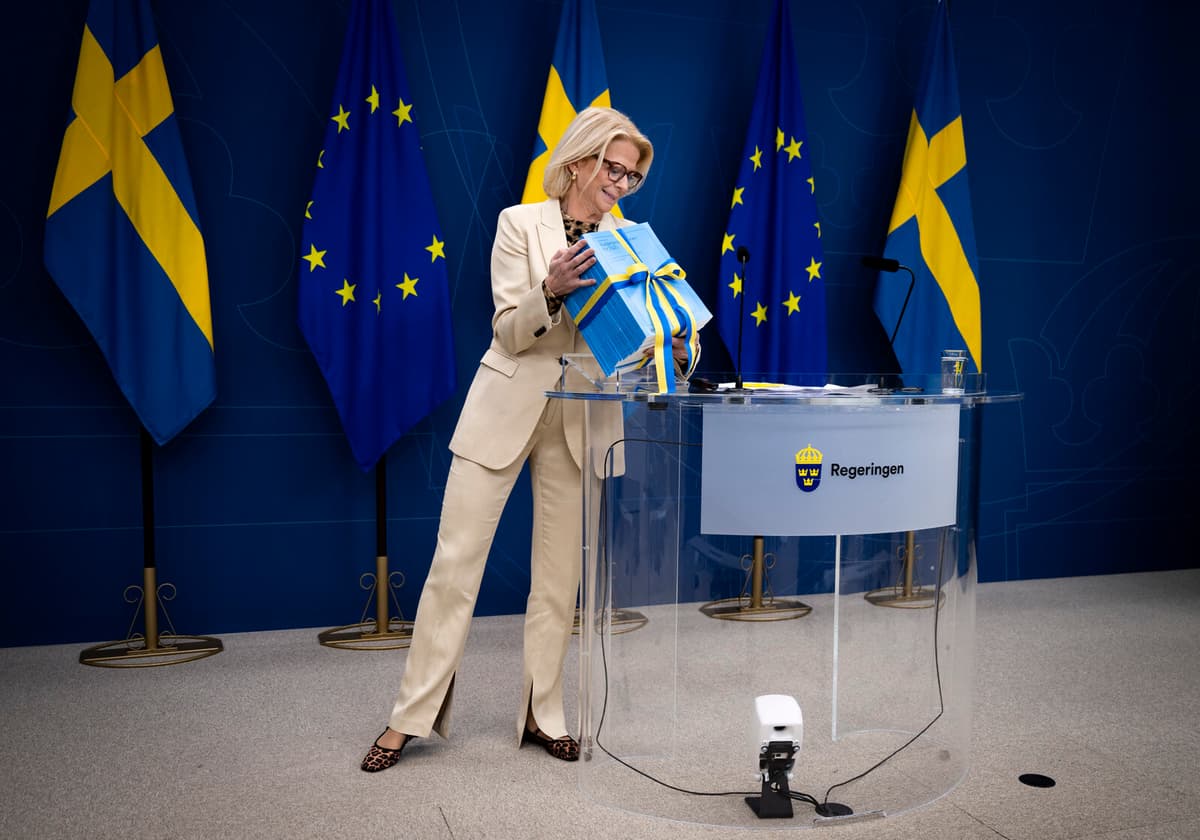This year's autumn budget will be some kind of election budget for the government, believes Alexandra Stråberg, chief economist at Länsförsäkringar. She assumes that the scope for reform will be slightly larger than usual due to this - but also because there is a need. Jens Magnusson is on the same track.
One should not exaggerate this with election pork, but it is often not the year that the government chooses to be too stingy, he says.
Needs a "boost"
According to Magnusson, we still have low growth, high unemployment and "pretty strong public finances". Therefore, there are both reasons and opportunities for a "pretty expansive budget". Despite real wage increases, lower inflation, tax cuts and interest rate cuts, households have not really increased their consumption.
It feels like households need an additional boost, a small stimulus to dare to be a bit more offensive. It is both likely and reasonable that that is where they will put most of the effort, he says.
Stråberg also sees that the current situation may make the government go ahead with a budget where they invest in households and companies to promote growth. Magnusson also believes that the government will do something on the business side, but that it is not "at the top of the agenda".
Maybe something so that companies do not feel too forgotten, at least, he says.
At the same time, Stråberg means that the time we live in requires a different kind of long-term perspective in the budgets that are presented. She sees a need for investments in school, infrastructure and climate. Large investments in, for example, infrastructure or the defense industry can have growth effects, she points out.
Budget to be negotiated
Magnusson believes that the scope for reform, i.e. how large unfunded initiatives the government can make, will be roughly in line with last year: approximately 60 billion kronor. But based on the National Institute of Economic Research's (KI) assessment, the scope for reform for 2026 is 34 billion kronor.
In the coming weeks, the budget for next year will be negotiated between the government and the Sweden Democrats.
It is KI's assessment of what they think we will have. Then we make our own assessment, which I will return to at the end of August, Finance Minister Elisabeth Svantesson (The Moderate Party) said earlier to TT.






